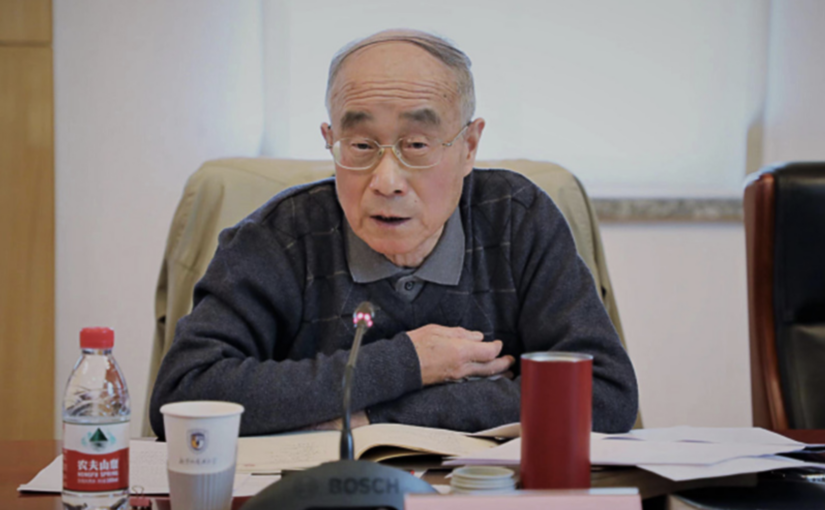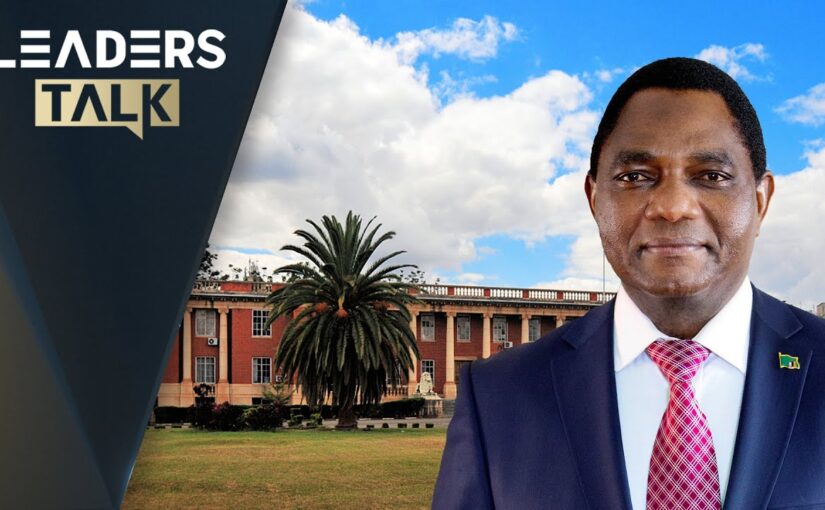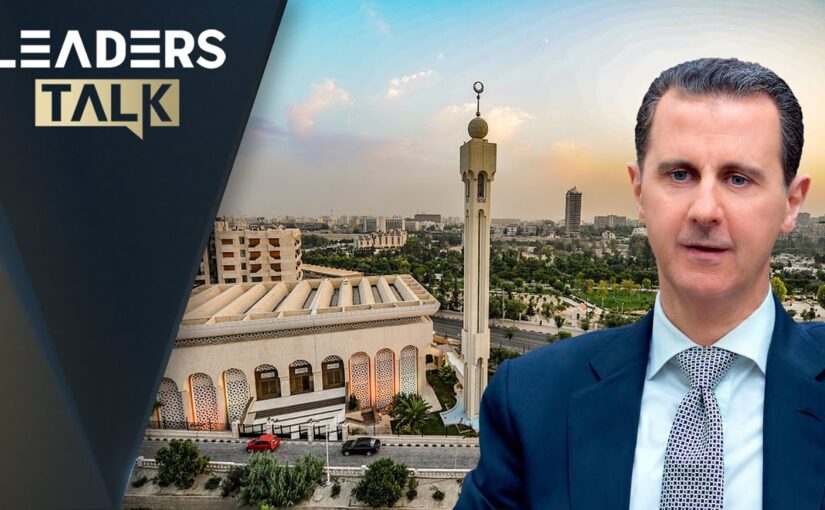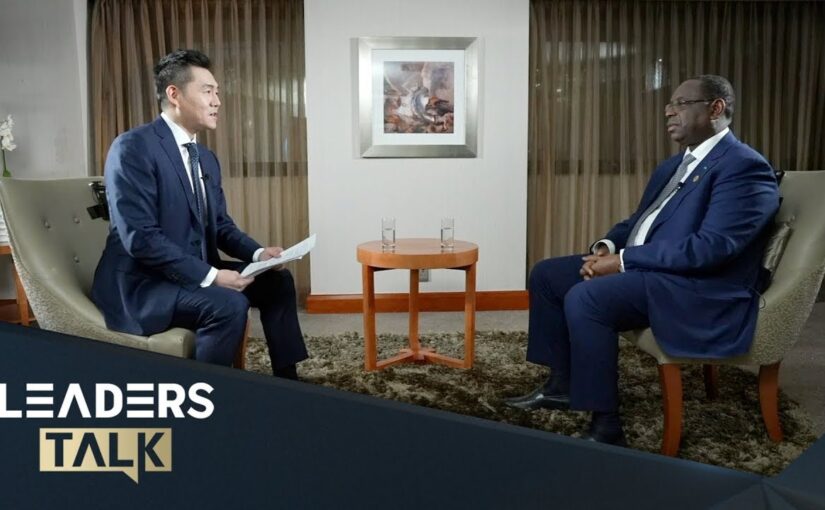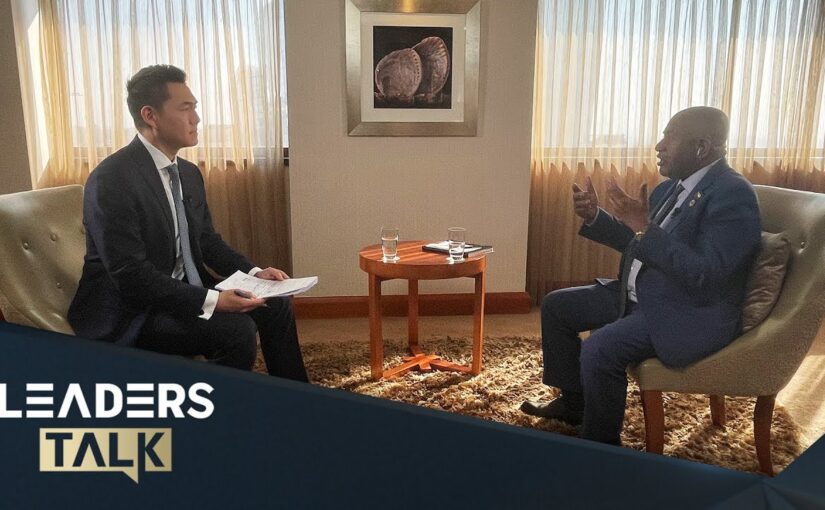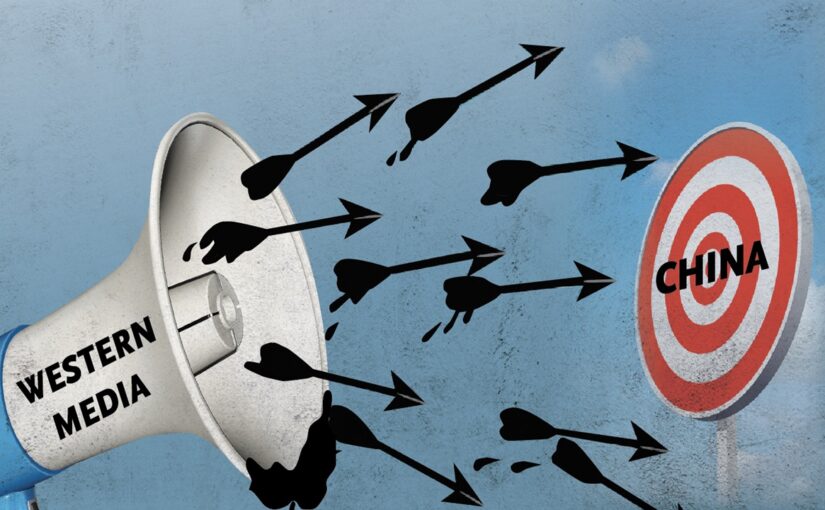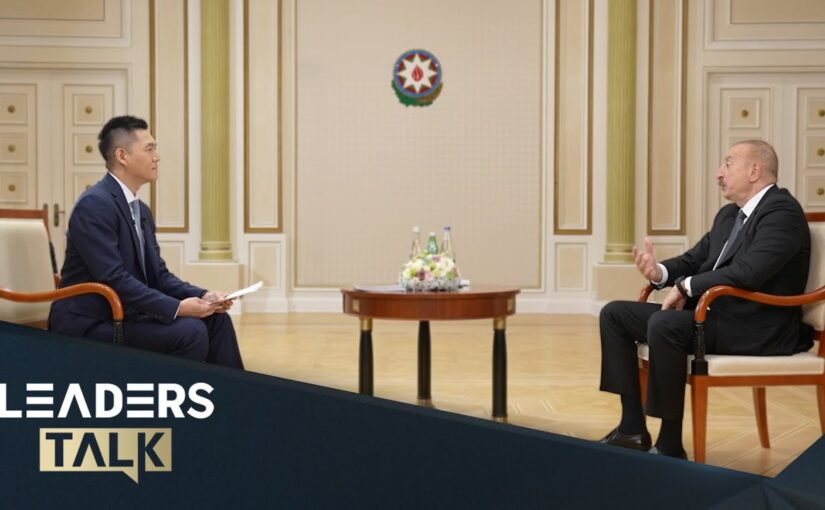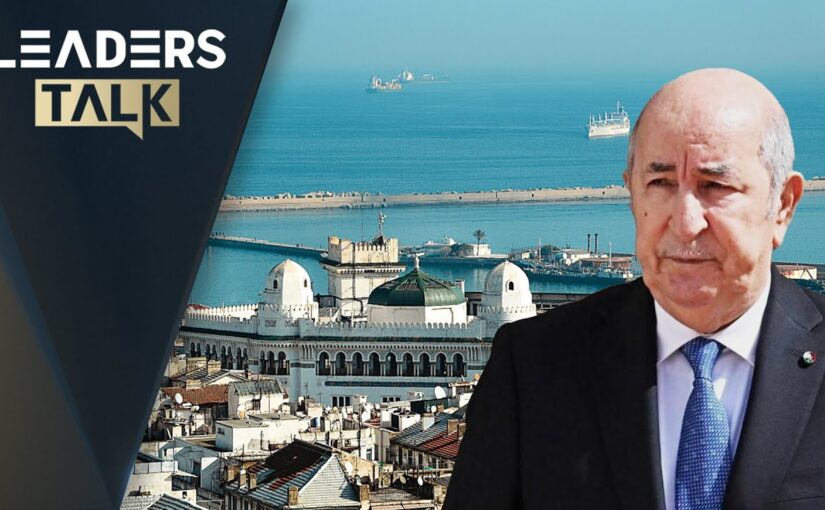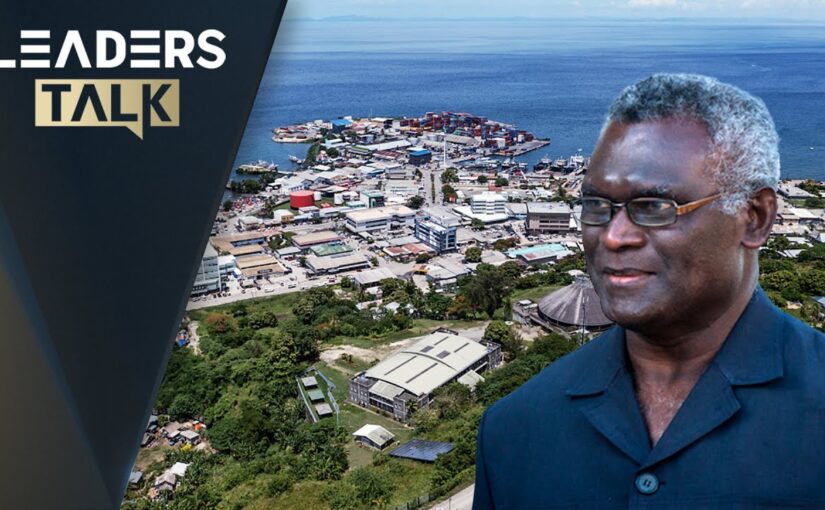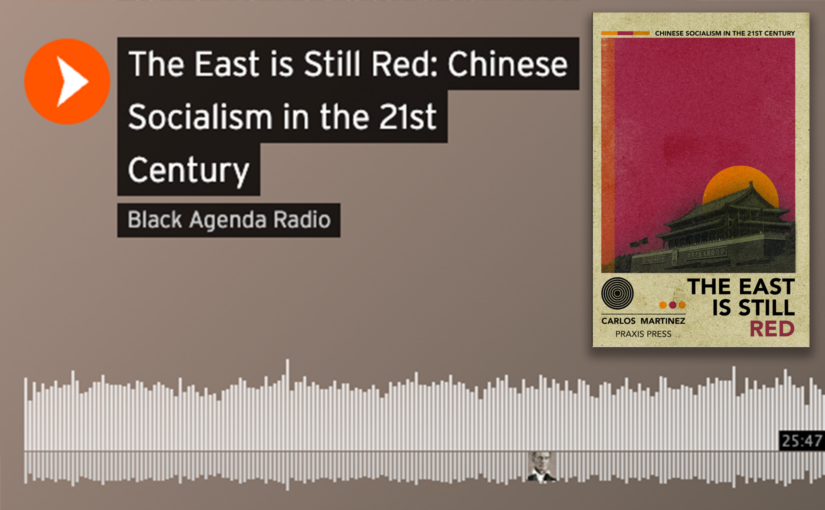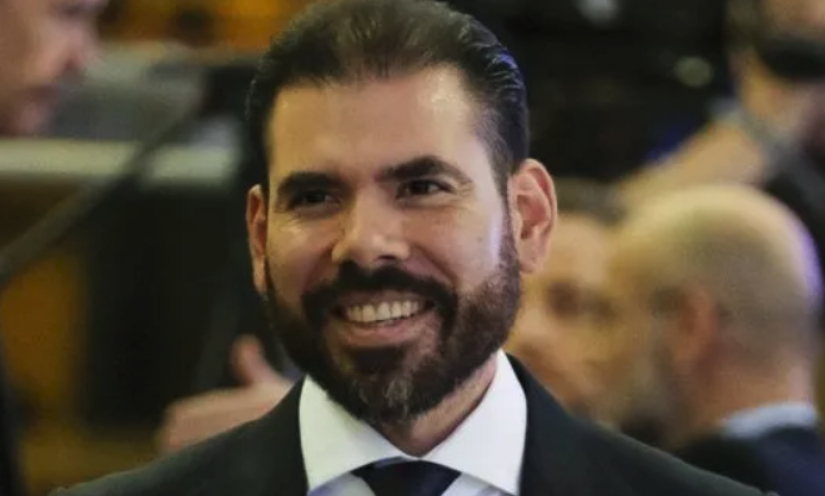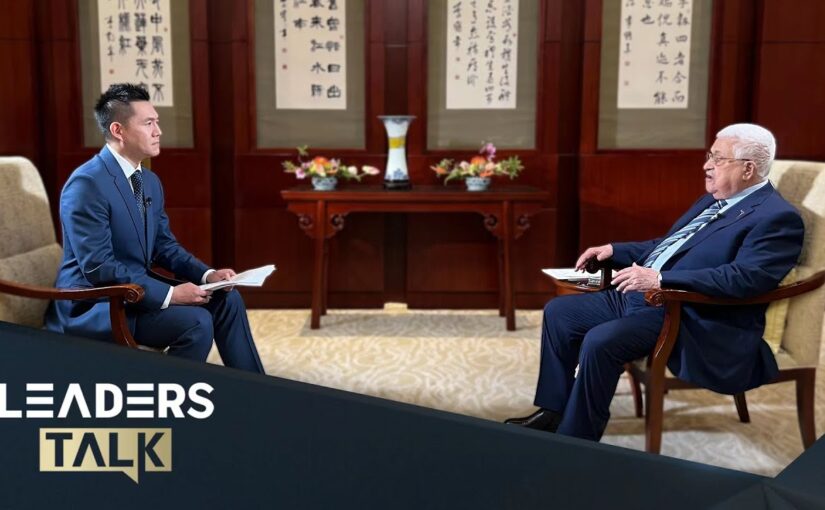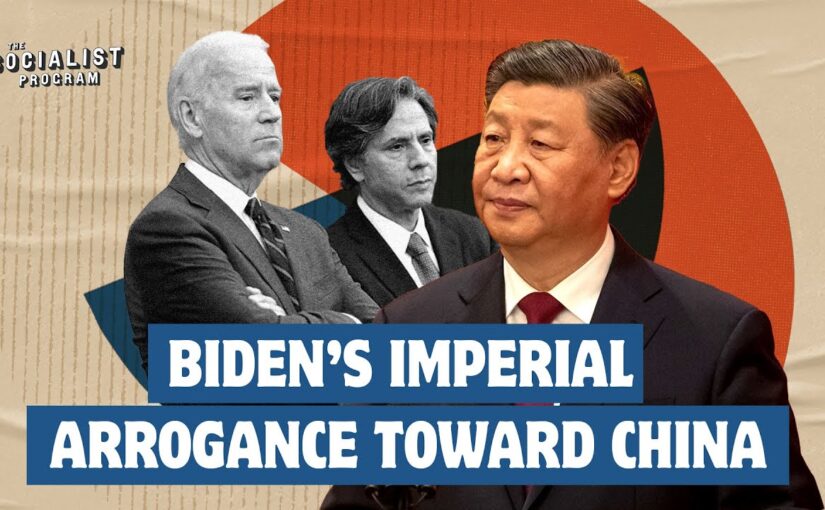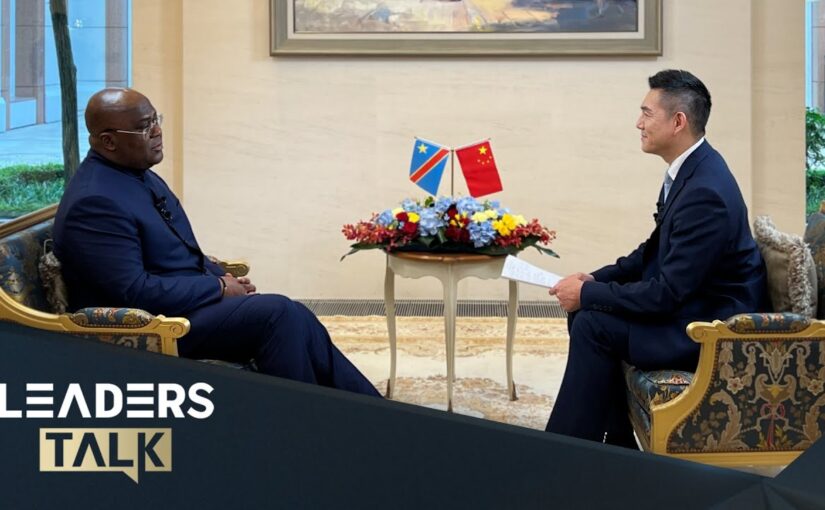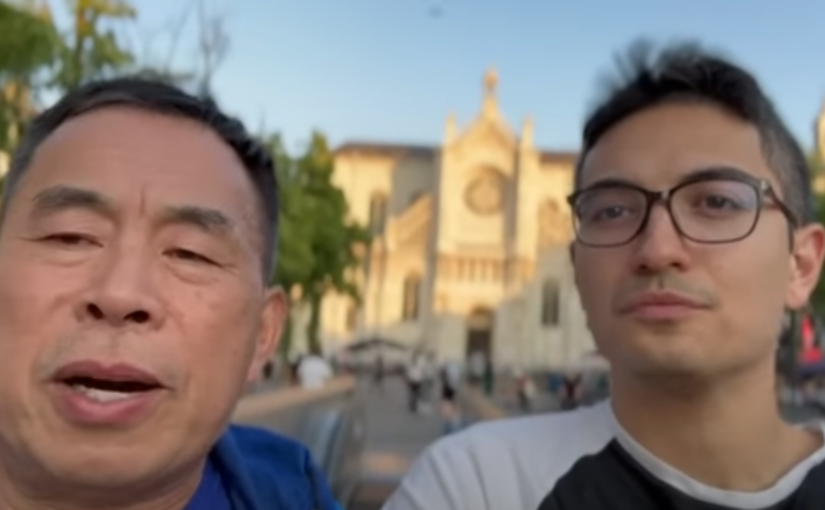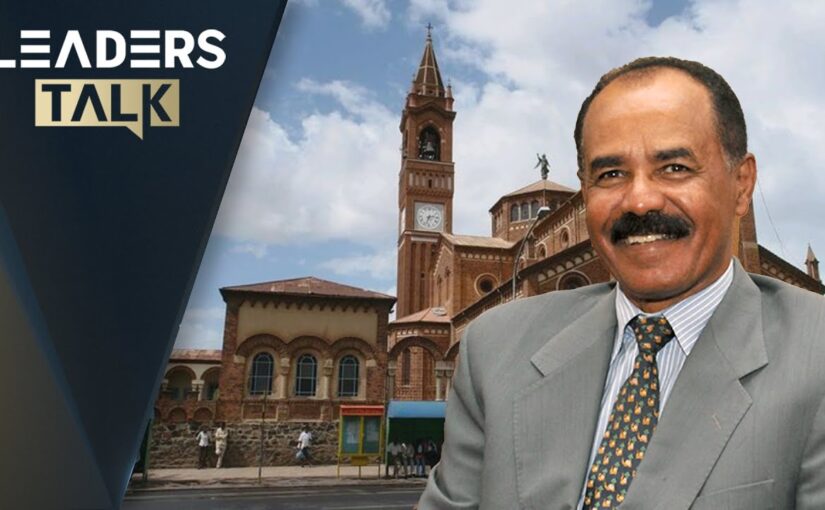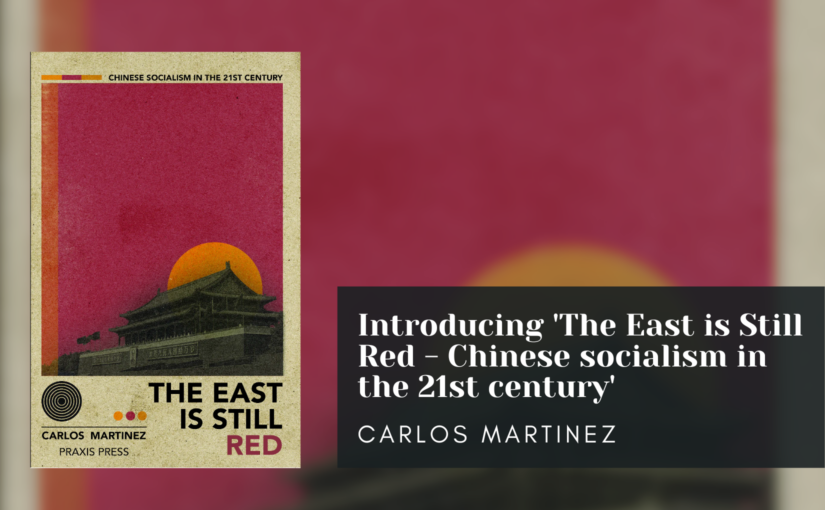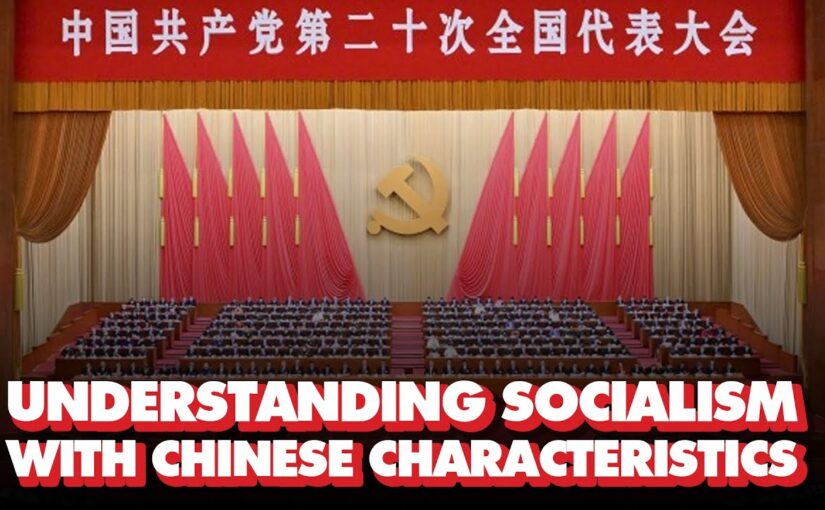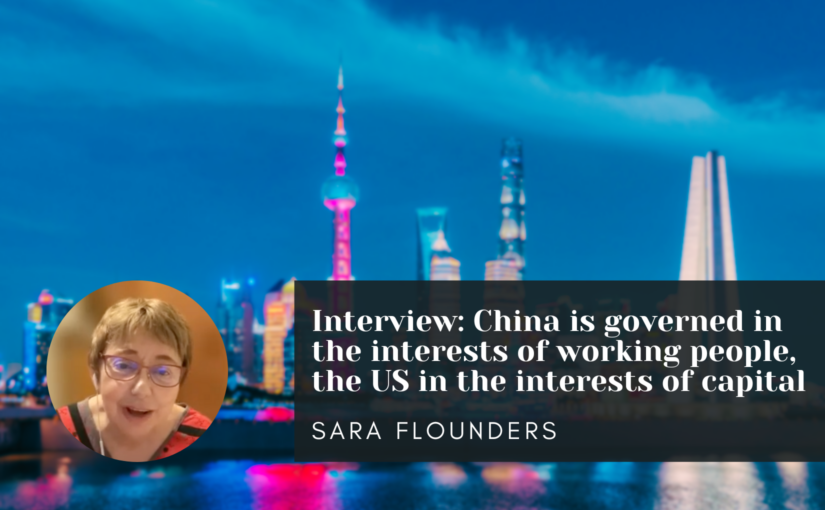Qian Chengdan is one of China’s best-known but more elusive historians. In 2006, he was a key consultant for a major CCTV television series which analysed the rise and fall of nine world-historical empires. It was widely and correctly identified at the time as illustrating socialist China’s determination that its peaceful rise would never lead to the previous historical outcomes of colonialism, imperialism and hegemony.
Following this high-profile project, Professor Qian preferred to concentrate on his own niche interests, including publishing monographs on English history and translating The Cambridge Introduction to the History of Art.
However, he is now once again in the spotlight having led a team of scholars in a three-year project, resulting in An Outline of World History, which was published in June by Peking University Press. The publishers have described the work as “the first attempt by Chinese scholars to create a new system of knowledge for world history, and to use that system to write a history of the world.”
The book draws heavily on the work of Karl Marx, but, according to an article and abbreviated interview by Wu Haiyun carried by the popular Sixth Tone website, it has “taken pains to distance the work from that of earlier Soviet scholars, whom he believes were overly dogmatic and overlooked key aspects of Marx’s ideas.”
In the interview, Professor Qian says that:
“The Soviet system boils down to two elements: the ‘five modes’ and class struggle. The importance of class struggle to Marxism is well known, but many Chinese also learn about the five modes of production, which refer to the progression of human society from primitive communism to slavery, feudalism, capitalism, and ultimately a future communist society.
“The problem with the Soviet system was its absolutism. It rejected the idea of cultural diversity and posited that all regions and countries worldwide underwent the same process. This does not align with historical reality.”
His interviewer responded: “What you described as the two key points of the Soviet system are fundamental concepts that every Chinese person learns from an early age. Isn’t that standard Marxism? How exactly does your approach differ from the Soviet one?”
This drew the following response:
“In his book The German Ideology, Karl Marx provided a clear description of the formation of world history. He wrote, ‘the more the original isolation of the separate nationalities is destroyed by the developed mode of production and intercourse and the division of labour between various nations naturally brought forth by these, the more history becomes world history.’
“This is Marx’s own understanding of the formation of world history. Regrettably, his words were largely ignored by Soviet historians…This implies that human society is not only characterised by the progression from lower to higher stages but also by the transition from fragmentation to unity. From this perspective, we can see the superiority of Marx’s theory of world history… We aim to restore history to its authentic form, preserving its most genuine characteristics. In my view, Marx’s theory of ‘world history’ comes closest to grasping the essence of history. Sadly, his theory has long been overlooked.”
One of the things that is not explored in the interview is that Professor Qian’s rejection of simplistic and dogmatic interpretations of historical materialism, something by no means confined to many Soviet Marxists, but also to be found, for example, in many schools and adherents of Western Marxism, is essential to correctly understanding and appreciating the fact that a number of countries have embarked on the road of socialism without first going through the phase of capitalist development.
Concluding on a note of well-placed optimism, Professor Qian notes that:
“From the late 19th century to the early 20th century, the Western world, bolstered by capital and war, essentially gained control over the entire globe, leaving almost no room for the survival of non-Western civilisations. This was a comprehensive ‘horizontal’ shift. However, from that point onward, history has begun to reverse course, and the world today is markedly different from a century ago. Various regions are pursuing their unique development paths, and differences are becoming increasingly pronounced and apparent.”
We reprint the article and interview from Sixth Tone below.
Qian Chengdan might be the Platonic ideal of an ivory tower academic. The director of both Peking University’s Center for World History Research and its Institute of Area Studies, Qian occupies a prestigious perch at one of China’s top universities, but unlike many of his peers, he seems to have little interest in fame or attention: He rarely participates in public forums or sits for interviews, and he avoids all social media — even WeChat.
On the rare occasion Qian does descend from the ivory tower, however, he almost always leaves a mark. In 2006, Qian served as a key consultant on the acclaimed CCTV-produced documentary series “The Rise of the Great Powers,” which told the story of nine world-historical empires, from Portugal and Spain to Japan and the United States. It was one of the first extended introductions to world history aired on Chinese television — and a significant departure from past programming focused on China’s own history.
After the series aired, Qian quietly returned to academic life, eventually publishing a number of well-received monographs on world and English history while pursuing his passion project: translating “The Cambridge Introduction to the History of Art” in its entirety.
Continue reading The historian rewriting China’s understanding of the world